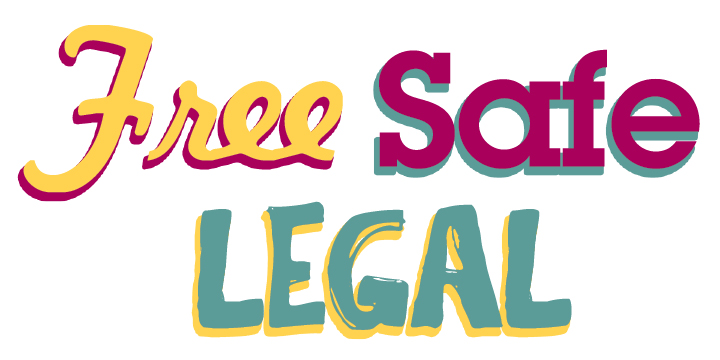
Abortion should be available under the public health system and without cost barriers. Abortions, even terminations carried out at home with the use of the abortion pill, are medical interventions. Abortion must be understood and provided as health care if it is to be safe.
The World Health Organisation (WHO) is accepted as the global authority on medical best practice. The WHO states that “contraception alone cannot entirely eliminate women’s need for access to safe abortion services” as “no method is 100% effective in preventing pregnancy”. Mifepristone and misoprostol, the two drugs which constitute the abortion pill, are included on the WHO list of essential medicines. The WHO has long recognised that unsafe abortions constitute a significant public health risk. Abortion services must be regulated as health care in order to prevent unsafe terminations.
In most countries where abortion is legal and available, a liberalisation of abortion law was hastened by tragedies resulting from unsafe abortion. Ireland has suffered its share of tragedies at the hands of the 8th Amendment, but our proximity to England means that some of us can access safe abortion – albeit with difficulty. However, that does not mean that unsafe abortions do not take place in Ireland: people who cannot travel to obtain services are particularly at risk.
Research from the United States demonstrates that costs are a significant barrier to abortion access. If abortion services are only available through private health care providers or at a restrictive cost, women of lower socio-economic means will be unable to access them. People who do not have access to their own finances – for example those experiencing domestic violence or living in direct provision – may not be able to access services. Removing cost barriers also allows women to access abortions earlier. Abortion care should be provided as a government-funded public health service.

